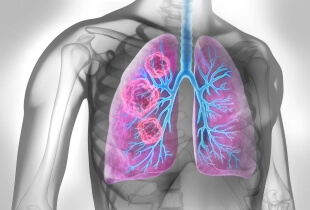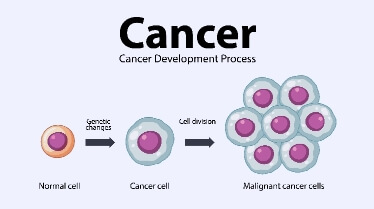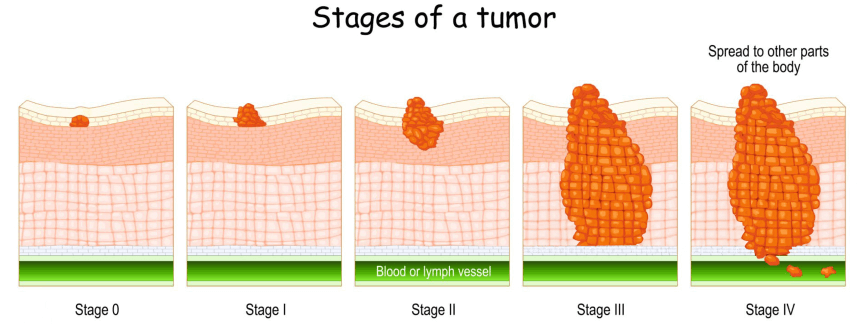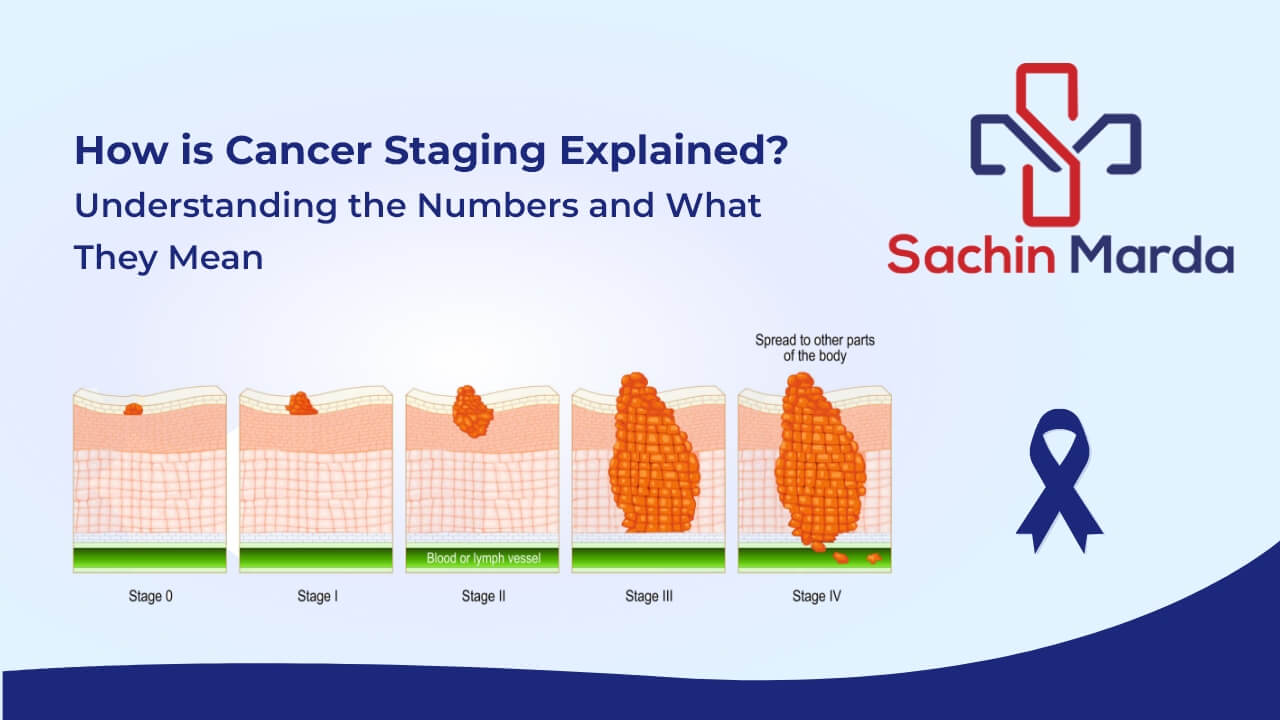How is Cancer Staging Explained? Understanding the Numbers and What They Mean
When someone is diagnosed with cancer, one of the first questions often asked is, “What stage is it?” This question is critical because cancer staging helps doctors determine how advanced the cancer is, which treatments might work best, and what the prognosis could be. But what do these stages mean? Let’s break it down in an easy-to-understand way.
What is Cancer Staging?
Cancer staging is a system doctors use to describe the size of the cancer, how far it has spread, and where it is located in the body. Think of it as a map that shows where the tumor is and how much of the body it affects. This helps doctors create a personalized treatment plan for each patient.


The TNM System: The Building Blocks of Cancer Staging
One of the most common ways to stage cancer is the TNM system. Here’s what TNM stands for:
T (Tumor):
- This describes the size of the main tumor and whether it has grown into nearby tissues.
- For example, T1 means a small tumor, while T4 indicates a larger tumor or one that has spread into nearby areas.
N (Nodes):
- This tells us whether the cancer has spread to nearby lymph nodes.
- For example, N0 means no lymph nodes are affected, while N3 suggests many nodes are involved.
M (Metastasis):
- This indicates whether the cancer has spread to other body parts.
- For example, M0 means no spread, while M1 means the cancer has metastasized to distant organs.
Stages: The Numbers Explained
Cancer is usually staged on a scale from 0 to 4. Here’s a breakdown of what each stage typically means:

Stage 0:
- Known as “in situ,” this means the cancer is very early and hasn’t spread beyond where it started.
- Example: Abnormal cells in the breast duct lining (ductal carcinoma in situ).
Stage I (1):
- The cancer is small and hasn’t spread to lymph nodes or other parts of the body.
- Example: A breast tumor under 2 cm with no lymph node involvement.
Stage II (2):
- The tumor is larger or has spread to a few nearby lymph nodes but hasn’t spread to distant sites.
Stage III (3):
- This is more advanced; the tumor may have grown into surrounding tissues or spread to multiple lymph nodes.
Stage IV (4):
- The cancer has spread to distant parts of the body, such as the liver, lungs, or bones. This is known as metastatic cancer.
Why is Staging Important?
Treatment Decisions:
Stage I cancer may only need surgery, while stage IV cancer might require chemotherapy, targeted therapies, or immunotherapy.
Understanding Prognosis:
Earlier stages often have better outcomes than later stages.
Research and Clinical Trials:
Staging helps match patients to studies testing new treatments.
Beyond Numbers: Molecular Testing
Doctors have recently started looking beyond the tumor’s size and spread. Molecular tests examine the genetic and biological makeup of the cancer. This can help predict how aggressive the cancer is and which treatments might be most effective.
Key Takeaways
Cancer staging is like a roadmap that shows how far the disease has progressed.
The TNM system (Tumor, Nodes, Metastasis) forms the staging foundation.
Schedule your consultation with Dr. Sachin Marda now.
For a valuable second opinion and expert guidance reach out to Dr. Sachin Marda today. His wealth of knowledge and experience ensures that you will receive top-notch advice and recommendations customized specifically to your needs.


